



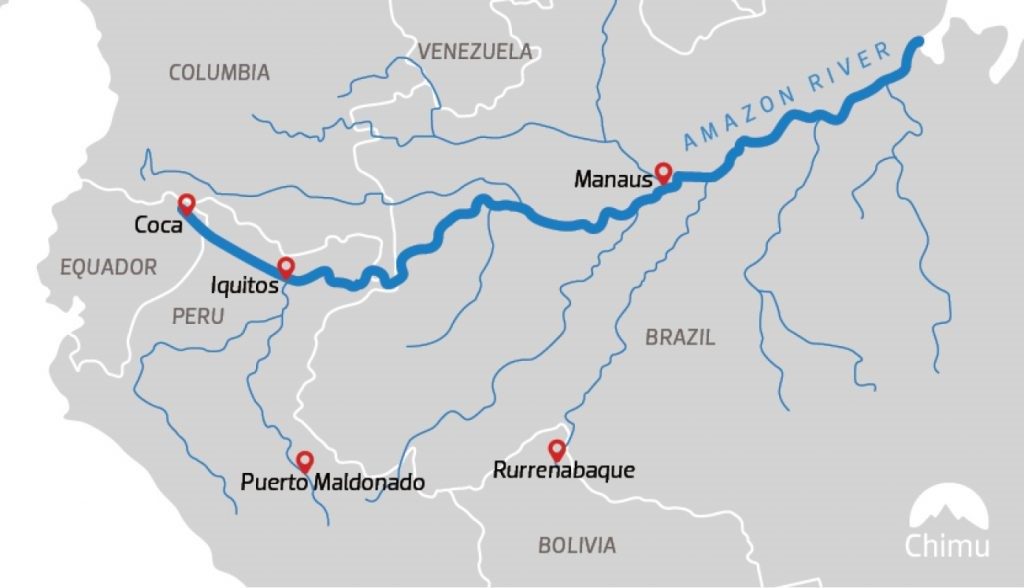

Disclaimer: Copyright infringement not intended.
Context
About Amazon River
|
PRACTICE QUESTION Consider the following statements about the Amazon River:
How many of the above statements are correct?
Answer: B |
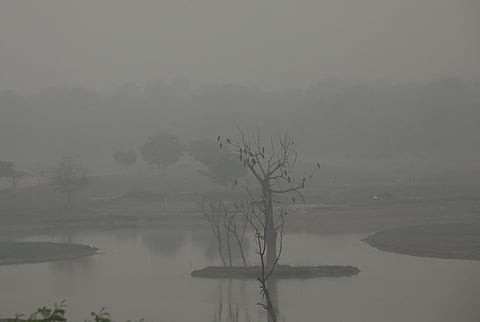

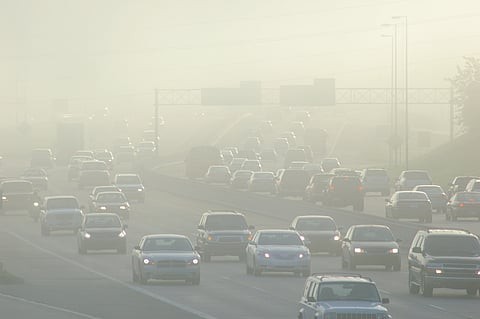
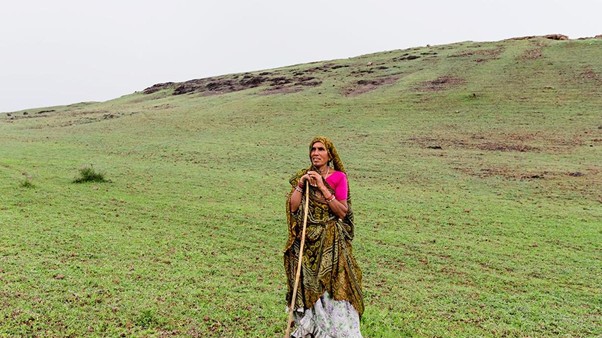
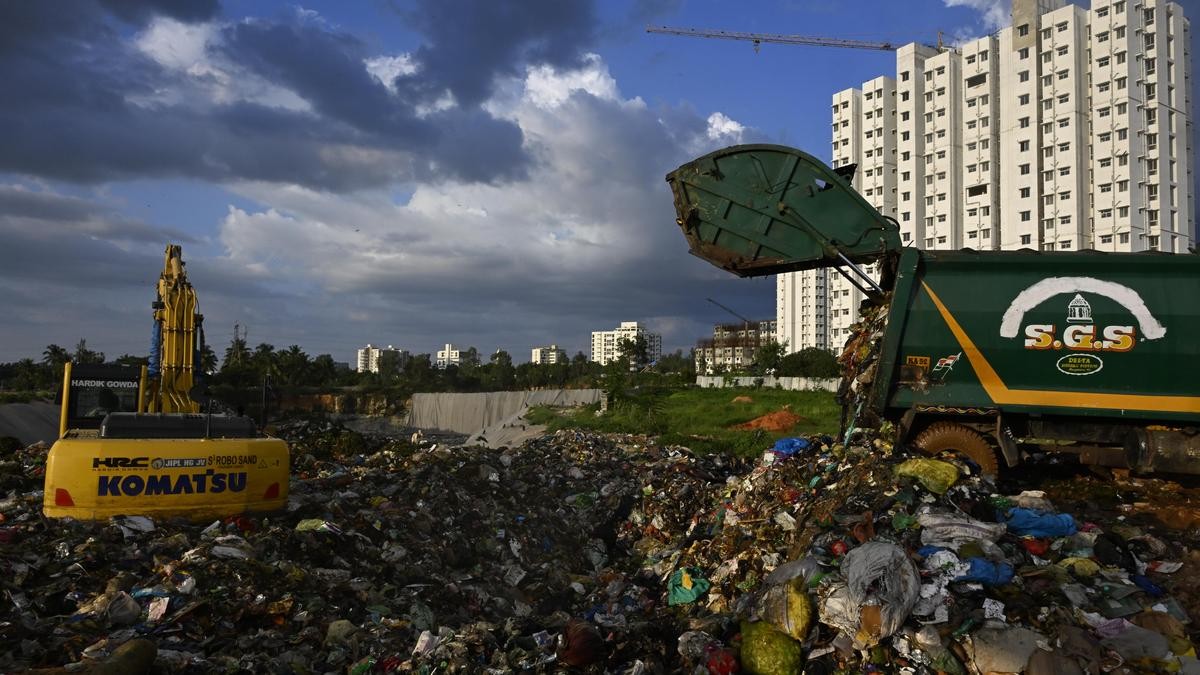
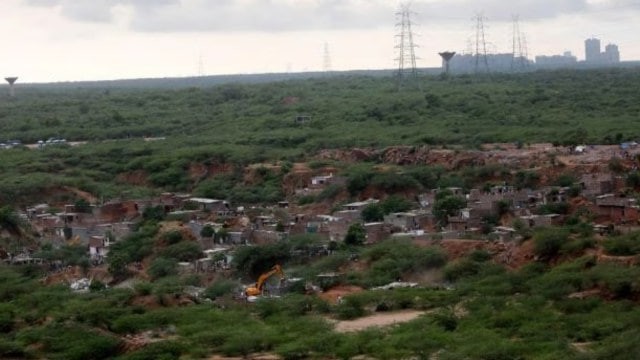

© 2025 iasgyan. All right reserved